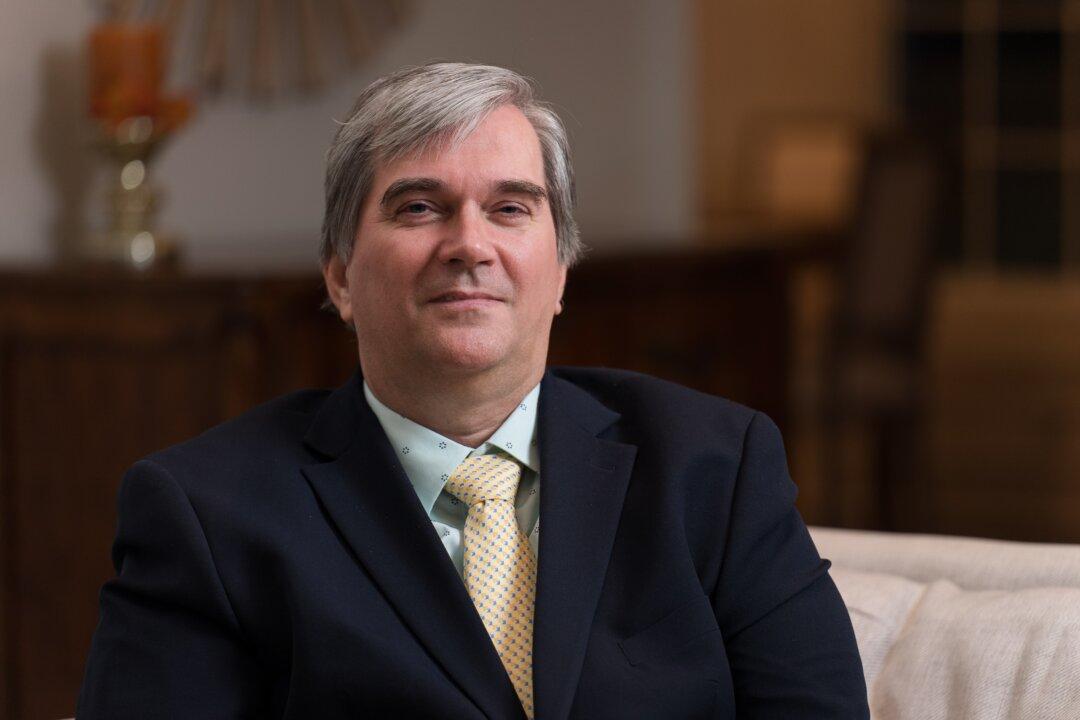“Living people are killed for their organs,” Dr. Torsten Trey says. “This is arguably the biggest violation of medical ethics in history.”
Sixteen years ago, the first whistleblowers emerged from China with a story that few could believe: The Chinese communist regime was killing Falun Gong practitioners for their organs. What have we learned about this horrible practice since that time? And is it continuing today?






